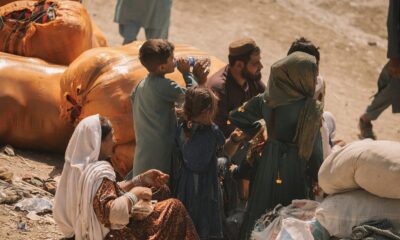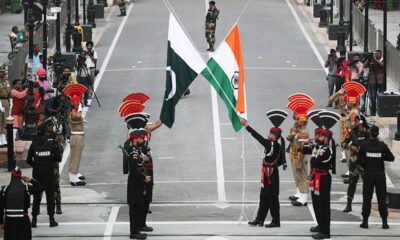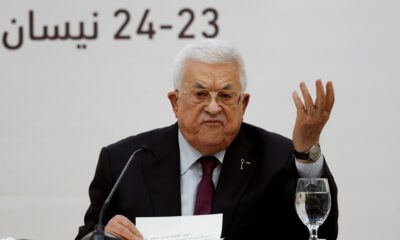Latest News
IEA calls for release of frozen assets to prevent economic, humanitarian catastrophe

Islamic Emirate of Afghanistan’s (IEA) Foreign Minister Amir Khan Muttaqi called for the release of the country’s frozen assets on Sunday saying it belongs to all Afghans and a humanitarian catastrophe will be prevented by freeing up the foreign reserves.
“We have told the US that we (United States and IEA) are no longer in conflict. We (IEA) have not made any problems for the US after the Doha deal, so why have you (US) frozen the assets? There is no reason. Taliban [individuals] will not benefit from the money, it is related to the country’s economy and to the people,” said Muttaqi.
Over $9 billion is being held by the U.S after Washington froze Afghanistan’s foreign reserves following the unexpected collapse of the former government.
Since then, the US and its allies have also imposed strict economic sanctions on Afghanistan, which has exacerbated an already struggling, aid dependent economy.
However, the US and its allies, along with the International Monetary Fund (IMF) said that the money will only be released once the IEA has formed an inclusive government, and ensures the rights of minorities, women and girls, and prevents terrorist organizations from planning or launching attacks against foreign countries from Afghanistan.
Economic analysts have also said that the country’s assets will not be released until such time as the IEA is recognized internationally as the legitimate government.
“The money will not be released, there are legal problems; it means that the [former] republic government that was a legal entity handed over the money to the World Bank and US. They (US and World Bank) will hand over the money once the [new] government is recognized. If this government is not recognized and not accepted to the United Nations, the money will stay frozen,” said Sayed Massoud, an economic analyst.
Afghan citizens have meanwhile called on the US and IEA to resolve the problems, adding that the main victims of the sanctions are the people.
“They (US) should talk with this government and should reach an agreement to put an end to the economic and humanitarian crisis,” said Quyyam, a Kabul resident.
“We call on the US and IEA to work to release the money, in order to bring an end to the people’s economic problems,” said Mohammad Zabair, another Kabul resident.
Last week, the IEA also sent a letter to the US Congress asking for the money to be released.
Latest News
Registered Afghan refugees must return by June 30 or face deportation: Pakistani official
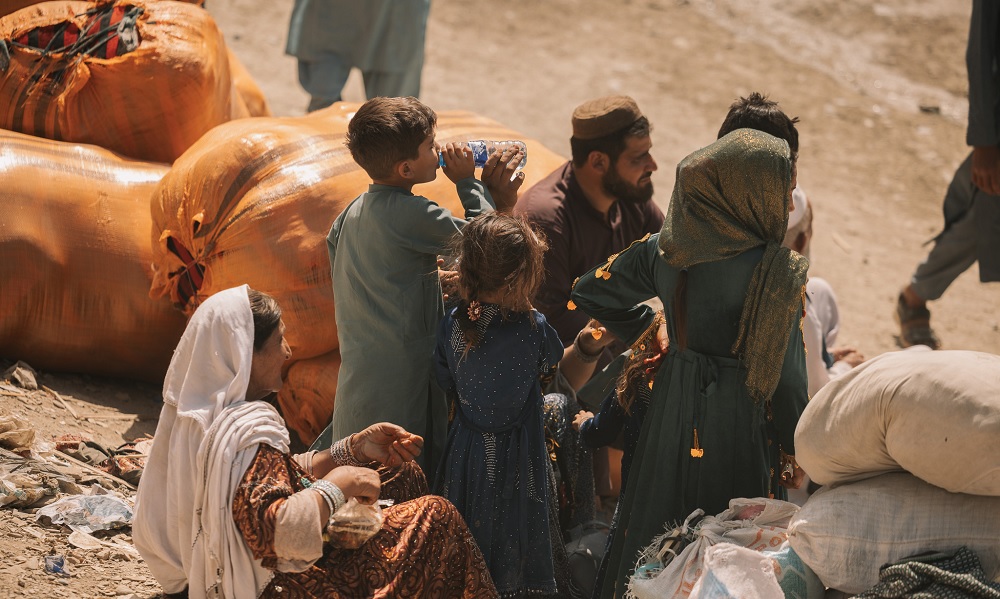
Pakistan’s State Minister for Interior Affairs Talal Chaudhry has confirmed that Pakistan has set a June 30 deadline for registered Afghan nationals, including Proof of Registration (PoR) holders, to voluntarily return to Afghanistan.
“After this, he said that formal deportation procedures will begin. Afghan refugees were and remain our guests. They are being sent back with full dignity and respect,” he told Geo News.
Pakistan is currently deporting illegal immigrants and Afghan Citizen Card holders, with thousands returning to their country daily.
Meanwhile, UNHCR’s spokesperson Qaisar Khan Afridi stressed that deportations must be voluntary, not forced.
Afridi also highlighted that the UNHCR has received complaints of arrests in parts of Punjab, even involving some documented Afghan refugees.
However, Chaudhry categorically denied such incidents, stating that no such case has been officially reported and that previous allegations turned out to be fake news upon verification.
He clarified that Afghan refugees who fail to leave within the stated deadlines are not immediately deported, but are first notified, and then taken to refugee holding centres where they are provided food, shelter, security, medical aid and travel facility.
“This is a structured, humane process. There is no chaos. Our hospitality has always been there for Afghan citizens,” Chaudhry emphasised.
Latest News
Afghanistan’s trade with India through Pakistan’s Wagah comes to halt as border closed
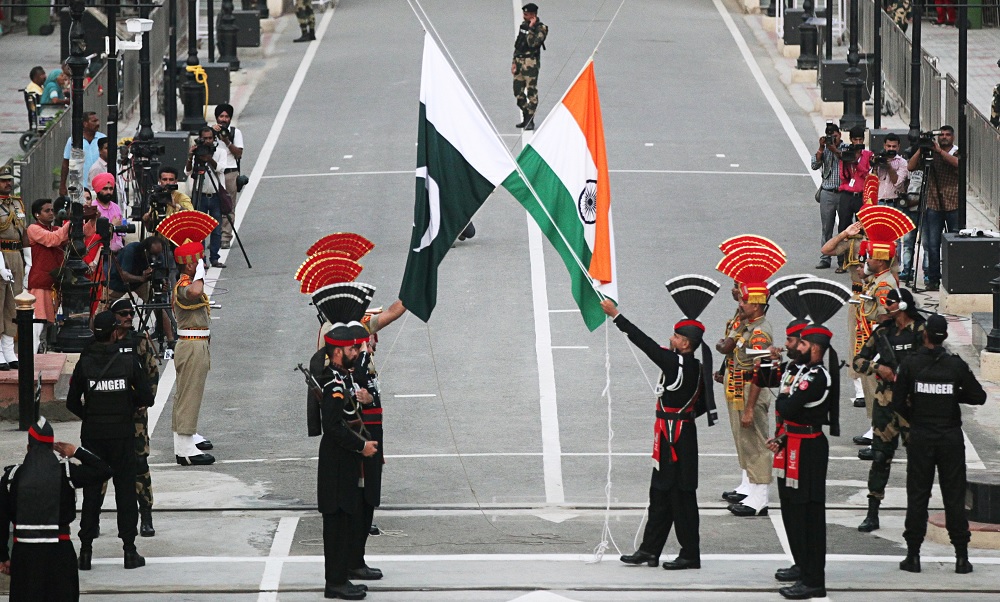
With Pakistan suspending all trade with India, including to and from any third country through its territory, Afghanistan’s trade with India via the Attari-Wagah border has also come to a halt.
The latest tension between Pakistan and India was triggered by the killing of 26 men at a popular tourist destination in Indian Kashmir on Tuesday, in the worst attack on civilians in India since the 2008 Mumbai shootings.
Hindustan Times said on Friday that suspension of trade will affect the local economy, especially small traders and industries, whose livelihood largely depends on this trade.
Located around 28 kms from Amritsar city, this is the only permissible land route allowed for trade between India and Pakistan and crucial for imports from Afghanistan, according to the newspaper.
In August 2019, when India revoked Kashmir’s special status, Pakistan ceased all trade relations with India. The neighbouring country also barred India from exporting goods to Afghanistan, though the import of Afghan goods, such as dry fruits, remained normal, even after the Islamic Emirate took control over the country.
Latest News
Afghan delegation to participate in Iran’s international expo
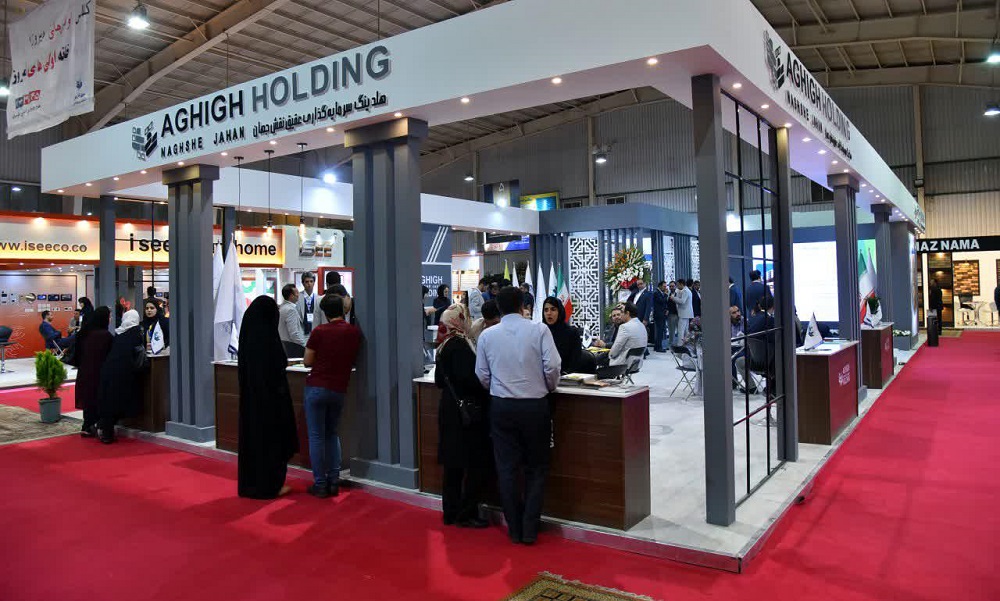
Iranian officials have announced that a 200-member delegation, comprising Afghan government officials and private sector representatives, will attend the 7th International Exhibition of Iran’s Export Capabilities.
Officials from the Islamic Emirate, meanwhile, consider the presence of Afghan traders at this exhibition to be significant, stating that showcasing domestic products will help promote and market Afghan goods.
Abdul Latif Nazari, Deputy Minister of Economy, said: “Economic cooperation between the private and public sectors of Afghanistan and Iran is in the interest of both countries.”
“The visit of the high-ranking delegation of the Islamic Emirate to Iran can play a vital role in expanding economic and trade exchanges between the two countries,” he added.
In addition, Afghanistan Chamber of Commerce and Investment (ACCI) said that 80 booths have been allocated to Afghan traders at the exhibition, where agricultural products, precious stones, and other Afghan goods will be showcased.
Several experts also stated that Afghanistan’s participation in regional and international exhibitions is important and can lead to stronger economic ties with other countries.
This comes as Iran remains one of Afghanistan’s key economic partners, with annual trade volume between the two nations exceeding $3 billion.
-

 International Sports3 days ago
International Sports3 days agoIPL 2025: Robo-Dog ‘Champak’ explained
-

 Latest News4 days ago
Latest News4 days agoAriana Afghan Airlines increases flights to China
-

 World4 days ago
World4 days agoPentagon chief Hegseth shared sensitive Yemen war plans in second Signal chat, source says
-

 Latest News3 days ago
Latest News3 days agoAfghan-American appointed to lead US policy on Afghanistan
-

 Latest News4 days ago
Latest News4 days agoChina invites various Afghan delegations to attend Shanghai forums
-
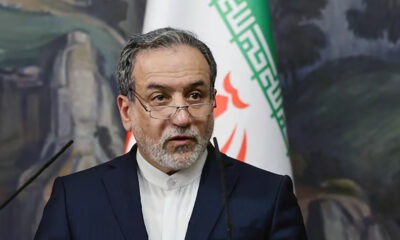
 Regional3 days ago
Regional3 days agoIran’s top diplomat to visit China on Tuesday
-
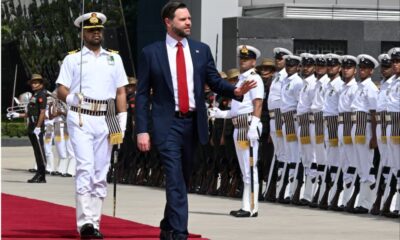
 Regional4 days ago
Regional4 days agoJD Vance arrives in India, to hold talks with Modi under US tariffs shadow
-
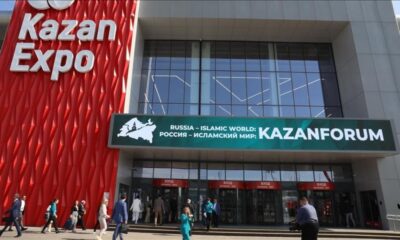
 Latest News3 days ago
Latest News3 days agoAfghanistan to showcase goods at expo as part of KazanForum




